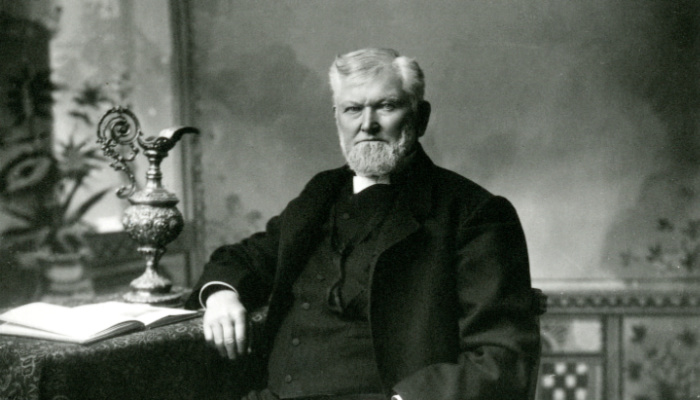
Pope Francis Just Changed the Lord’s Prayer; Parallels Joseph Smith’s Translation
According to christianpost.com, “Pope Francis has officially approved a change to the Lord’s Prayer in Matthew 6:13 that replaces ‘lead us not into temptation’ with ‘do not let us fall into temptation.'”
It’s a move the Pope has been pushing for since 2017, when he said that Matthew 6:13 is a poor translation, because it describes a God that leads people into temptation. “What induces into temptation is Satan,” the Pope said in 2017.
Joseph Smith Translation
The Lord’s Prayer in Matthew 6, according to the Revised Standard Version (Catholic edition) of the Bible, reads thusly:
Our Father who art in heaven, Hallowed be thy name. Thy kingdom come. Thy will be done, On earth as it is in heaven. Give us this day our daily bread; And forgive us our debts, As we also have forgiven our debtors; And lead us not into temptation, But deliver us from evil.
Pope Francis is changing the Lord’s Prayer for Catholics to the following (changes bolded):
Our Father who art in heaven, Hallowed be thy name. Thy kingdom come. Thy will be done, On earth as it is in heaven. Give us this day our daily bread; And forgive us our debts, As we also have forgiven our debtors; do not let us fall into temptation, But deliver us from evil.
Almost two hundred years ago, Joseph Smith (in his late twenties) made a similar change. He, like the Pope, also altered “lead us not into temptation.” He, like the Pope, also affirmed that the Lord does not “lead us into temptation.” His rendering of the King James Version reads thusly (changes bolded):
Our which art in heaven, be thy . Thy come. Thy done , as it is in heaven. Give us this day our daily . And forgive us our , as we our debtors. suffer us not to be led into , deliver us from evil…
The wording between the two altered versions isn’t exact, but the meaning is. Satan is the guy who leads people into temptation, not God. Joseph Smith corrected several similarly-worded scriptures. For example, throughout Exodus the Lord is said to “harden Pharaoh’s heart.” Joseph adjusted the language there as well, to reflect a God that does not harden hearts. He corrected the same sentiment in Exodus 4:21; 7:3 and 13; 9:12; 10:1, 20, and 27; 11:10; 14:4, 8, and 17. I wonder if we can expect similar future changes from our Catholic friends.
What do you think about the Pope’s recent changes? Let us know in the comments.
For more background information on what the Joseph Smith Translation is and is not, check out these links:
Joseph Smith Translation (JST) from the Church’s official website.
Additional information about the JST from FairMormon.org.










